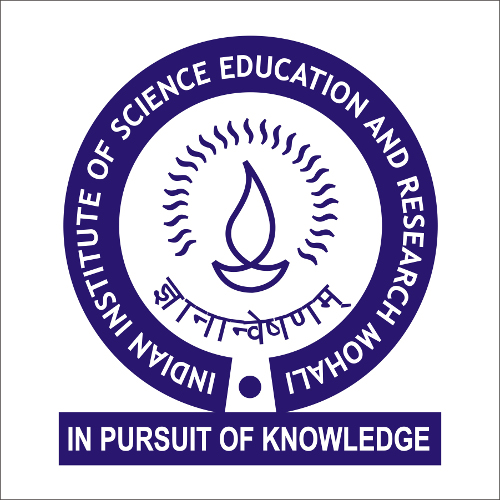Forthcoming Events
Assessment of Arsenic exposure and human health impact: A case study of the West Bengal population
Dr. Subhamoy Bhowmickational Laboratory)
Location : Online
Abstract: Arsenic, a naturally occurring element found in the Earth’s crust, presents a significant global health threat due to its contamination of groundwater through natural geological processes. In India, the geogenic arsenic problem is spread over a large geographical area, particularly the Bengal Delta Plain, which encompasses the vast alluvial plains and delta of the Ganges-Brahmaputra River system. The state of West Bengal is severely impacted by groundwater arsenic contamination, endangering the lives of millions of people to the risk of arsenic poisoning. Human activities disturbing natural reserves have facilitated several pathways through which arsenic may integrate with people's daily lives, exacerbating public health issues. Arsenicosis, resulting from chronic exposure to arsenic, manifests in a range of cardiovascular, hematological, hepatic, renal, endocrine, and dermal diseases, as well as cancers of the various organs. This research study is primarily focused on unraveling this complexity and understanding how the local population may be surreptitiously exposed to arsenic, thereby driving vulnerable populations to serious public health concerns. Through health risk assessment studies, we identify critical factors that elevate population risk and guide intervention strategies to effectively mitigate such health risks, thus facilitating the reduction of arsenic-related health hazards.
Meeting ID: 944 2649 3601
Passcode: 070134
Meeting ID: 944 2649 3601
Passcode: 070134

